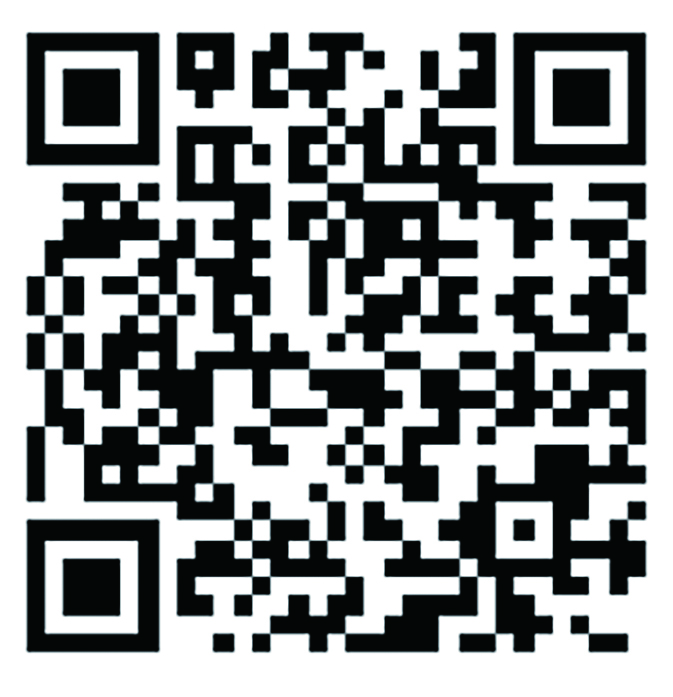目的 了解艾滋病患者的心理健康状况,探讨艾滋病患者网络成瘾程度与攻击行为倾向的关系。方法 选取2020年至2021年在广西南宁市某医院感染门诊接受治疗的600例艾滋病患者作为研究对象。采用自编心理健康状况访谈提纲进行面对面半结构式访谈,并使用扎根理论研究方法进行资料分析,采用网络成瘾量表和攻击行为量表(BPAQ)对其中287例患者进行问卷调查。比较不同人口学特征患者的BPAQ总分,采用Pearson相关分析法分析艾滋病患者网络成瘾程度与攻击行为倾向的关系,采用多元线性回归分析法评估网络成瘾程度对攻击行为的预测效果。结果 艾滋病患者存在不同程度的孤独、抑郁、焦虑、恐惧、崩溃、后悔等负性情绪困扰,以及被歧视感、自杀行为和人际交往退缩。不同年龄、受教育程度的艾滋病患者的BPAQ总分差异均有统计学意义(均P<0.05);艾滋病患者的网络成瘾程度与BPAQ总分及其各维度得分均呈正相关(均P<0.05);艾滋病患者网络成瘾程度对攻击行为及其各维度均有正向预测作用(均P<0.05),网络成瘾程度可以预测攻击行为18.6%的变异。结论 艾滋病患者群体的心理健康状况不容乐观,不同年龄、受教育程度的患者在攻击行为倾向上存在差异;网络成瘾程度与攻击行为倾向呈正相关,并对攻击行为倾向有正向预测作用。应当重视艾滋病患者的心理健康问题及相关行为,以期更好地提高其治疗依从性和生活满意度,维护社会稳定和平。
内科 202419卷06期 页码:612-618
作者机构:1 广西南宁市第五人民医院心理健康科,南宁市 530001;2 广西南宁市第四人民医院感染科,南宁市 530012
- 中文简介
- 英文简介
- 参考文献
Objective To understand AIDS patients' mental health status and to explore the correlations between degree of internet addiction and tendencies of aggressive behaviors in AIDS patients. Methods A total of 600 AIDS patients who were treated in an infectious diseases clinic of a hospital in Nanning, Guangxi, from 2020 to 2021 were selected as the research subjects. The face-to-face semi-structured interviews were conducted with the self-developed mental health interview outline, the Grounded Theory, a research method, was used for data analysis, and questionnaires containing the Internet Addiction Test and the Buss-Perry Aggression Questionnaire (BPAQ) were handed out to 287 patients. The total BPAQ scores were compared between patients with different demographic characteristics, and Pearson correlation analysis was used to explore the correlations between degree of internet addiction and tendencies of aggressive behaviors in AIDS patients, multivariate linear regression analysis was used to evaluate the predictive effect of degrees of internet addiction on aggressive behaviors. Results AIDS patients had different degrees of negative emotional distress, including loneliness, depression, anxiety, fear, breakdown, and regret, as well as feelings of discrimination, suicidal behavior, and interpersonal withdrawal. There were statistically significant differences in the total scores of BPAQ between AIDS patients of different ages and between those with different education levels (all P<0.05). The degree of internet addiction was positively correlated with the total score and the dimensional scores of BPAQ in AIDS patients (all P<0.05). The degree of internet addiction had positive predictive effects on aggressive behavior and its multiple dimensions in AIDS patients (all P<0.05), and the degree of internet addiction could predict an 18.6% variation in aggressive behavior. Conclusion The mental health status of AIDS patients is not optimistic, there are differences in the aggressive behavior tendency between patients of different ages and those with different education levels; the degree of internet addiction is positively correlated with the tendency of aggressive behavior and have a positive predictive effect on the aggressive behavior tendency. To better improve AIDS patients' treatment compliance and life satisfaction and maintain social stability and peace, attention should be paid to their mental health issues and other related behaviors.
-
无




 注册
注册 忘记密码
忘记密码 忘记用户名
忘记用户名 专家账号密码找回
专家账号密码找回 下载
下载 收藏
收藏
